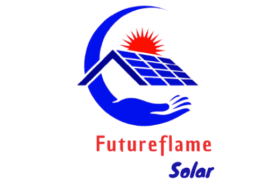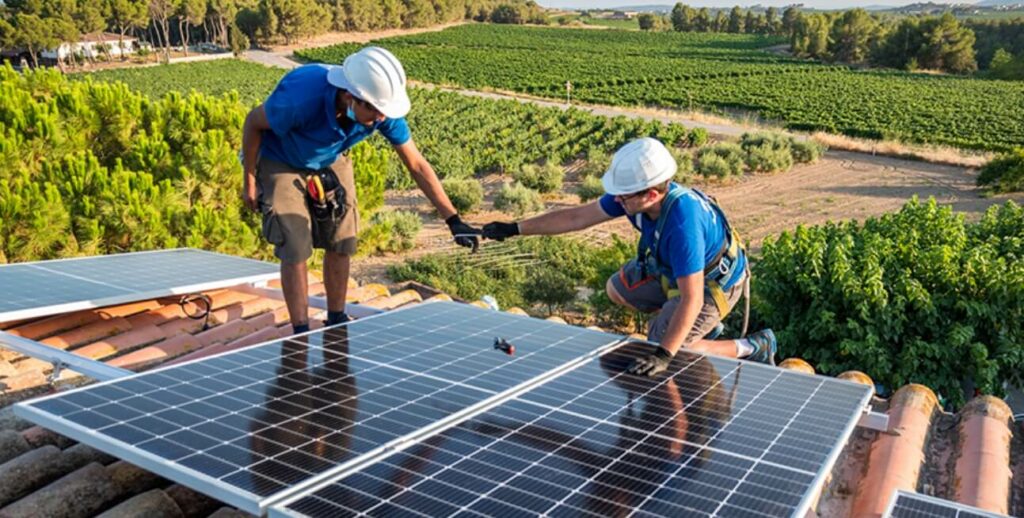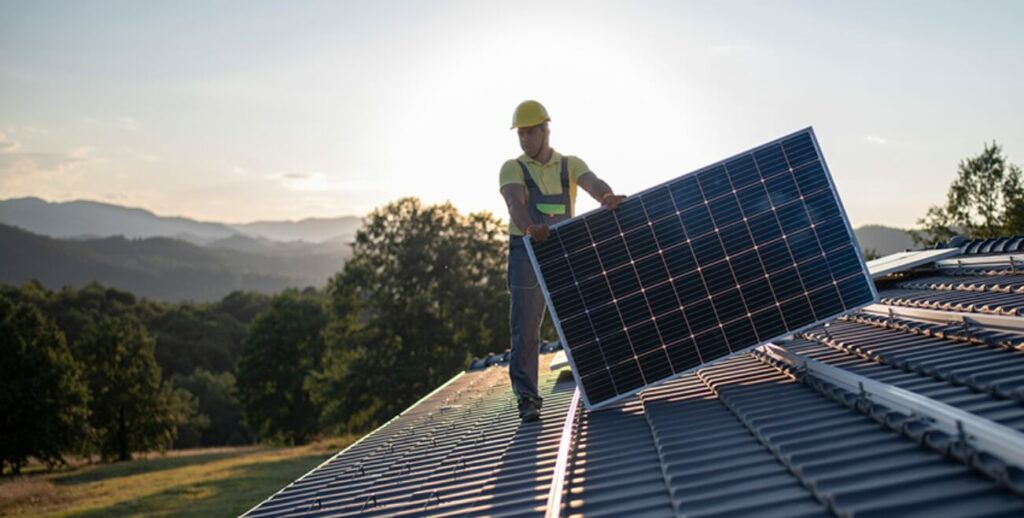


Investing in solar panels is a great way to reduce energy costs and contribute to a greener planet. However, like any other system, solar panels require regular maintenance and occasional troubleshooting to ensure they are working efficiently and providing you with maximum energy savings. In this guide, we’ll explore the essential aspects of solar panel maintenance and provide troubleshooting tips for common issues.

Maintaining your solar panels is critical for ensuring their longevity, efficiency, and reliability. A well-maintained solar system can operate at optimal performance for 25 years or more, saving you money on energy bills. Regular upkeep helps to:

Troubleshooting Common Solar Panel Problems
Even with regular maintenance, issues can still arise. Here are some common problems and how to troubleshoot them:
While basic maintenance tasks like cleaning and monitoring your system can be handled by homeowners, some issues require the expertise of a professional:
Proper maintenance and troubleshooting are essential to ensuring that your solar system operates efficiently and effectively for many years. By performing regular cleaning, inspecting components, and monitoring performance, you can extend the life of your solar panels and maximize your energy savings. If you encounter problems that you can’t resolve yourself, don’t hesitate to reach out to a professional for help.
By keeping your solar system in top condition, you’ll continue to enjoy the many benefits of renewable energy, including lower utility bills, energy independence, and a smaller carbon footprint.